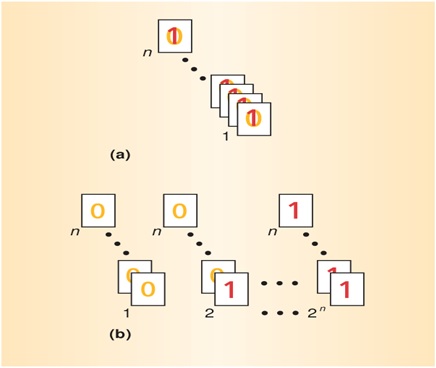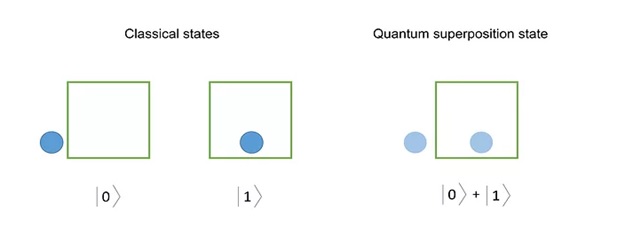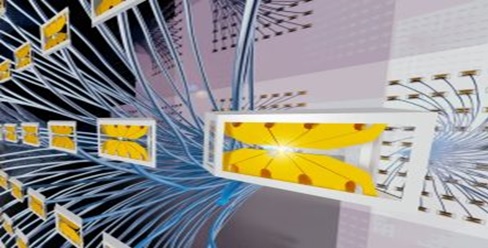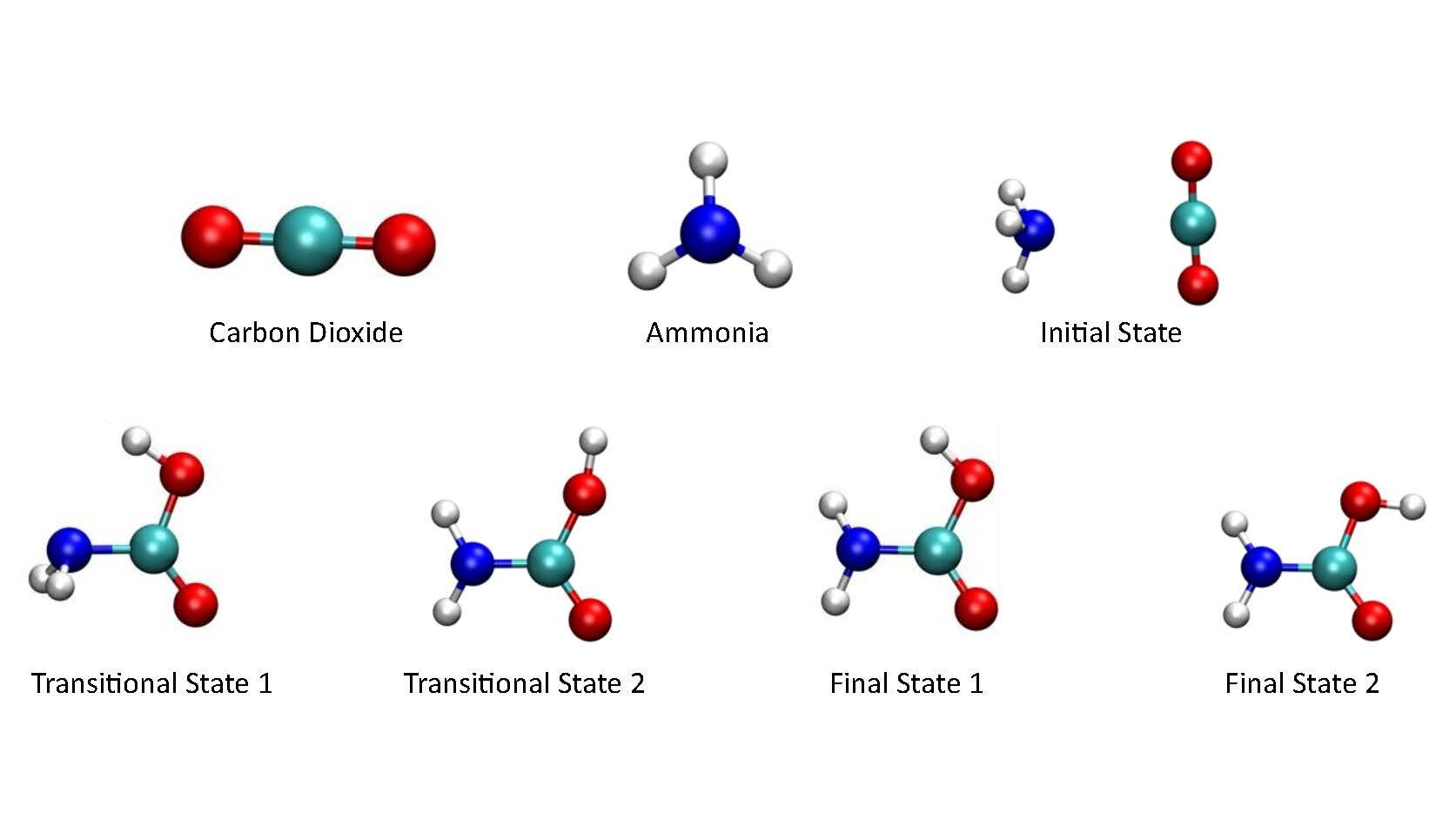Fault-Tolerant Quantum Computing (FTQC)
In quantum computing, the threshold theorem (or quantum fault-tolerance theorem) states that a quantum computer with a physical error rate below a certain threshold can, through application of quantum error correction schemes, suppress the logical error rate to arbitrarily low levels. This shows that quantum computers can be made fault-tolerant, as an analogue to von Neumann's threshold theorem for classical computation.[1]
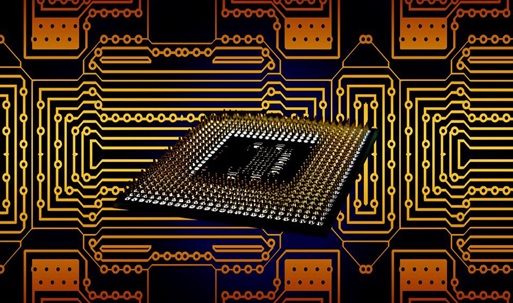
Figure 1. Fault-tolerant quantum computing (FTQC)
Fault-tolerant quantum computing (FTQC) is shown in figure 1. The necessity of quantum error correction was motivated in the previous section by protecting a single qubit against arbitrary errors. So far, the general picture was to encode the logical qubit, perform the syndrome measurement, correct the error if necessary and finally apply the decoding step. This procedure is useful when storing quantum information or transmit the information through some noisy channel. But the most powerful application of QEC would be the protection of the quantum information against errors occurring during the computation [21]. The main problem is that any building block used to perform quantum computation is faulty and cannot be implemented perfectly [2]
Benefits of Fault-tolerant quantum computing (FTQC):
Fault-tolerant quantum computing (FTQC) is a theoretical framework for quantum computing that aims to overcome the inherent noise and errors in quantum systems, allowing for reliable and accurate computation. The benefits of FTQC are numerous and significant, and can be summarized as follows:
- Increased accuracy
- Scalability
- Improved efficiency
- New applications
- Robustness
Overall, FTQC represents a major step forward in the development of quantum computing, and has the potential to transform many areas of science and technology.
In conclusion, modular quantum computers are a promising approach to building large-scale quantum computing systems that are more scalable, fault-tolerant, flexible, cost-effective, and performant than monolithic quantum computers. By connecting smaller, more manageable quantum processors or modules, modular quantum computers offer a scalable approach to building large-scale quantum computers that can enable the development of more powerful quantum algorithms and applications.
In conclusion, Fault-tolerant quantum computing (FTQC) is a theoretical framework for quantum computing that aims to mitigate the effects of noise and errors in quantum systems, allowing for reliable and accurate computation. The benefits of FTQC are numerous and significant, including increased accuracy, scalability, improved efficiency, new applications, and increased robustness.
FTQC represents a major step forward in the development of quantum computing, and has the potential to transform many areas of science and technology. While there are still many challenges to be overcome in realizing FTQC in practice, the ongoing research in this area holds great promise for the future of quantum computing.
References:
- https://en.wikipedia.org/wiki/Threshold_theorem
- https://www.quantumoptics.at/images/publications/dissertation/Nigg_Thesis.pdf
Cite this article:
Gokula Nandhini K (2023), Fault-Tolerant Quantum Computing (FTQC), AnaTechMaz, pp.113


